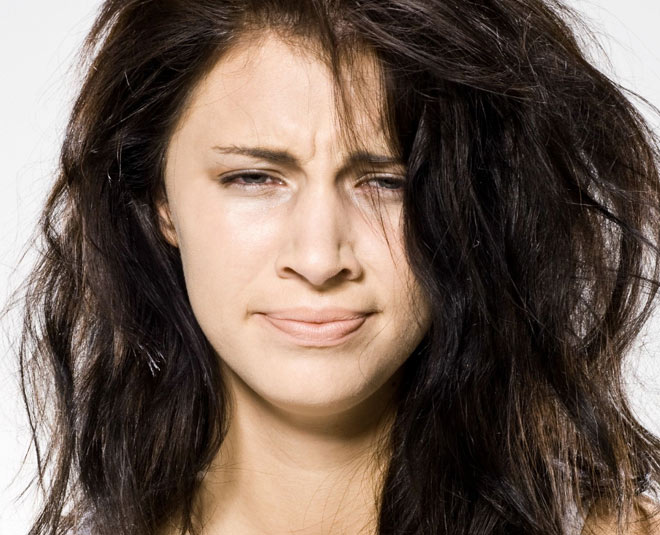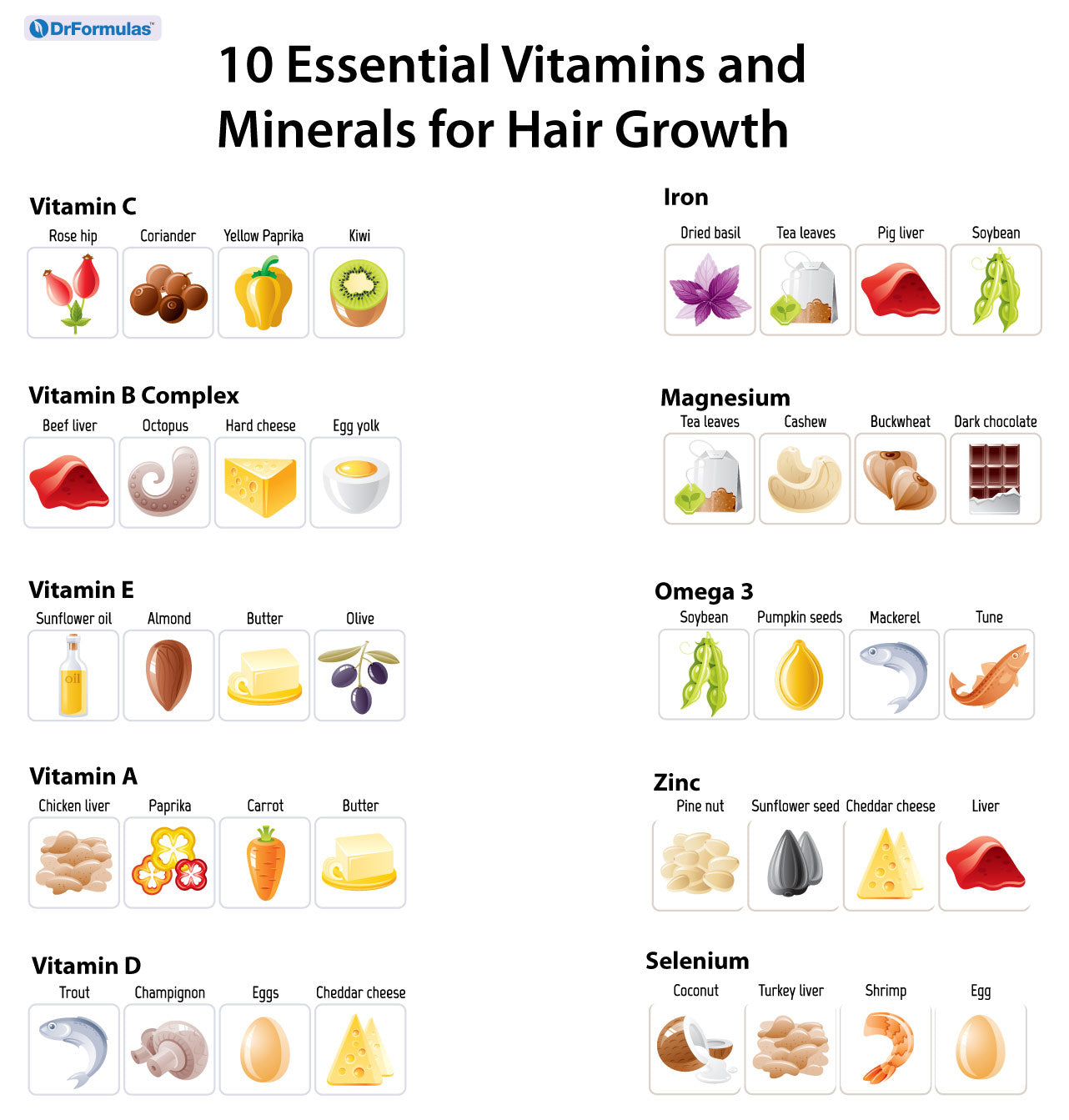Table Of Content

In ten of these 18 cases there was a genetic cause of biotin deficiency; the remaining eight patients had alopecia that was improved after they had taken biotin supplementation. There were three cases of uncombable hair syndrome, three cases of brittle nail syndrome, one case of alopecia due to valproic acid intake, and one case of an infant on a biotin-free dietary supplement. All of these 18 patients had underlying causes of biotin deficiency and, once treated with biotin supplement, showed clinical improvement in a variable time period [35]. In a case documented in 1979, a 28-year-old woman undergoing renal dialysis noticed sudden hair loss. Further investigation revealed that she had been taking a daily vitamin A supplement (5000 IU) and that her vitamin A serum levels were well above normal (140 μg/dL).
Signs of vitamin D deficiency that are mostly ignored - The Times of India
Signs of vitamin D deficiency that are mostly ignored.
Posted: Tue, 02 Jan 2024 08:00:00 GMT [source]
How Does Dermaroller Work for Hair Growth?
While the process of thinning hair can be concerning at first, many types of thinning hair are treatable. If your hair is thinning due to other reasons, you may be able to try topical products, such as shampoos and even prescription medications. Consider gentle hair products when available, and comb and brush hair only when needed. You can also place less stress on your hair by limiting the use of heated styling tools as well as tight hairstyles. To help manage stress, it’s important to take some time for yourself, whether it’s a meditation session or a relaxing hobby you enjoy. You may also consider talking with a therapist if you’re having a difficult time with chronic stress.
What are the side effects of hair growth vitamins?
Pernicious anemia is a type of autoimmune disease that affects the small intestine, decreasing absorption of vitamin B12. Multiple nutrients are involved in the hair growth cycle, including vitamin D, zinc, and iron. If hair loss is caused by a vitamin or mineral deficiency, then replenishing stores of the nutrients through supplementation can help hair regrow. These may be helpful for people with alopecia areata and may even improve hair growth in certain cases.

Addressing shortfalls through diet and supplements: Does it help hair growth?
This is evident in a few areas — and vitamins and minerals are one. Taking too many supplements doesn’t automatically guarantee your health will be better or that you’ll get more radiant skin or longer hair. In fact, if you don’t have a deficiency in any one vitamin, there’s a good chance taking a lot of it will either not have an effect at all or worse — it can backfire and cause health complications. A large body of research has shown that these over-the-counter creams and foams, applied to the scalp daily, are effective at stimulating hair growth, increasing hair density and halting hair loss over time. Of course, not every vitamin that advertises hair-boosting benefits delivers on the promise of healthy hair growth.
Nutritional Supplements
Other risk factors include malabsorption disorders (such as celiac disease) as well as achlorhydria or the use of H2 blockers, as iron requires an acidic pH for absorption. The deficiency of this element is to blame for brittle nails and hair. If one day you notice that your hair has become thinner and tends to fall out excessively, it’s the first sign that you are lacking calcium. To get it in the right amount add to your diet dairy products, for example, milk or yogurt. “Protein intake is important to support hair and nail strength and growth,” notes Dr. Garshick.
How Diet Affects Hair Loss
One report described a single patient with alopecia, without clear deficiency, who experienced improvement following oral zinc therapy [40]. Screening in those with risk factors is indicated, as hair loss due to zinc deficiency can be reversed. A case series demonstrated reversal of hair loss following oral supplementation in five patients with TE and zinc deficiency [37]. Other groups at risk include patients with malignancy, those with liver or renal dysfunction, pregnant women [31], and patients with alcoholism [32].
After all, you are what you eat, and if you eat a bounty of hair-boosting vitamins and minerals, chances are, your mane will show it. Vitamin D is an important nutrient that is essential to our health. It boosts immunity, keeps bones strong and skin healthy, stimulates cell growth, and helps create new hair follicles. You absorb vitamin D through sun exposure primarily, but you can take dietary supplements and eat certain foods to up your intake of the nutrient. Several vitamins and minerals play a vital role in hair health, including biotin, vitamin D, vitamin E, iron, zinc, and others to keep healthy hairs from hair loss vitamin deficiency. The most common nutritional deficiency in the world is iron deficiency, which contributes to TE [82, 83].
Hair Thinning Troubling You One Reason Could Be Biotin Deficiency What Is It - Onlymyhealth
Hair Thinning Troubling You One Reason Could Be Biotin Deficiency What Is It.
Posted: Sat, 20 Jan 2024 08:00:00 GMT [source]
Red or white bumps on the skin

It’s important to talk with a healthcare professional before you begin using essential oils and be sure to research the quality of a brand’s products. Early treatment of a receding hairline (frontal fibrosing alopecia) might help avoid significant permanent baldness. The cause of this condition is unknown, but it primarily affects older women. In the type of patchy hair loss known as alopecia areata, hair loss occurs suddenly and usually starts with one or more circular bald patches that may overlap. That said, if your vitamin D levels are deficient, Paviol says that there are other, more intensive ways to supplement the vitamin.
Vegan and vegetarian diets, though, tend to lack enough vitamin D, so supplements may be needed if you follow that lifestyle. In some cases, adjusting your diet to include nutrient-rich foods may help improve hair health. However, supplements and medical guidance may be necessary for severe deficiencies. But if you don’t have a confirmed biotin deficiency, taking biotin supplements won’t help with hair loss. That’s surprising to many people since many companies sell shampoos and other products with biotin, claiming that they’ll improve hair health. The recommended dietary allowance for selenium is 55 μg daily for individuals aged ≥ 14 years in U.S. populations.
“When the body does not have enough vitamin D, the keratinocytes in hair follicles have trouble facilitating hair growth, resulting in shedding and hair loss,” she explains. Yes, nutritional deficiencies, especially those related to vitamins and minerals, can lead to Nutritional Deficiency hair loss. So, if you’re experiencing thinning hair, you might ask yourself which vitamin deficiency causes hair loss. Interestingly, hair loss isn’t typically caused by vitamin deficiency, although having too much of certain vitamins can contribute to thinning hair. Hair loss can also be caused by a lack of protein or iron in your diet. Biotin deficiency causes hair loss, but there are no evidence-based data that supplementing biotin promotes hair growth.
Unsaturated fatty acids may modulate androgen action by inhibition of 5α-reductase, similar to the drug finasteride [42]. Additionally, arachidonic acid, an omega-6 fatty acid, may promote hair growth by enhancing follicle proliferation [43]. It reduces harm done by free radicals and protects the body cells including hair and scalp cells from their negative influence. Vitamin E prevents hair loss, improves scalp circulation, and creates a protective barrier on the scalp. If you eat a balanced diet, it’s unlikely that you’re low in biotin.
But taking it in abundance can lead to health issues that include biotin toxicity, which can lead to hair loss and also loss of hair color, cracked lips, insomnia, and more. Be careful with biotin as it’s in so many supplements, including hair, skin, and nails supplements. Biotin is a b vitamin that is celebrated for its ability to keep hair healthy, and it’s an important nutrient to supplement with if you’re deficient in it. In some cases, like if you have hair thinning or hair loss related to a lack of nutrients, upping your vitamin and mineral levels through supplementation can help hair regrow.
Additionally, if your protein intake is insufficient, your dermatologist (specialist of conditions of the skin, hair, and nails) can advise you on ways to increase it. Only consider supplementing with biotin, iron, or zinc upon confirmation of deficiencies through blood tests. Thankfully, it’s a problem that can be easily diagnosed with a blood test from a trusted physician. To treat the deficiency (and any potential hair loss you may be experiencing), vitamin and mineral supplementation may be recommended. Speak with your doctor before taking any new vitamins or supplements, as they know your medical history best and can advise you on further treatment.

No comments:
Post a Comment